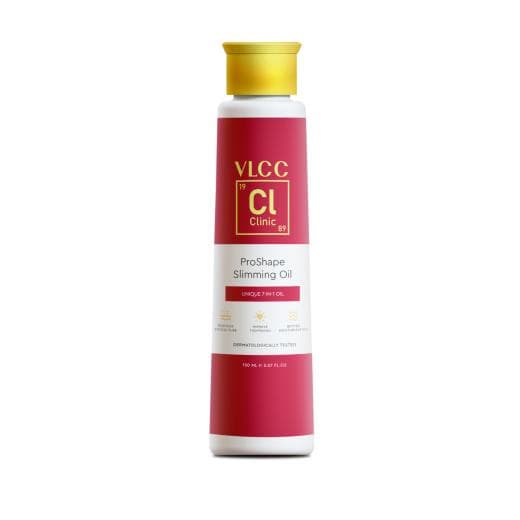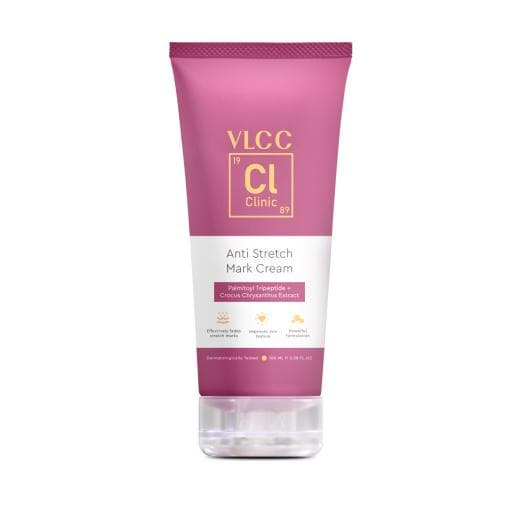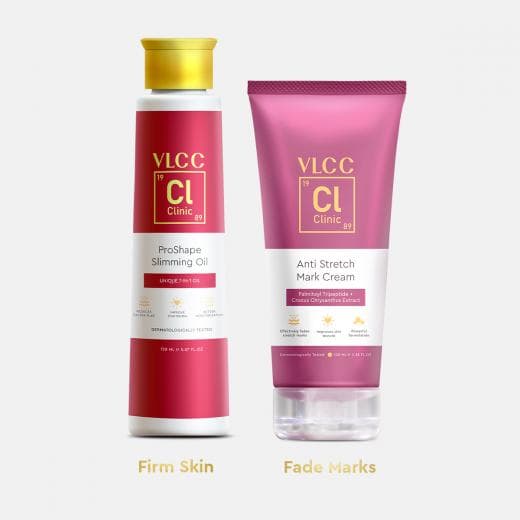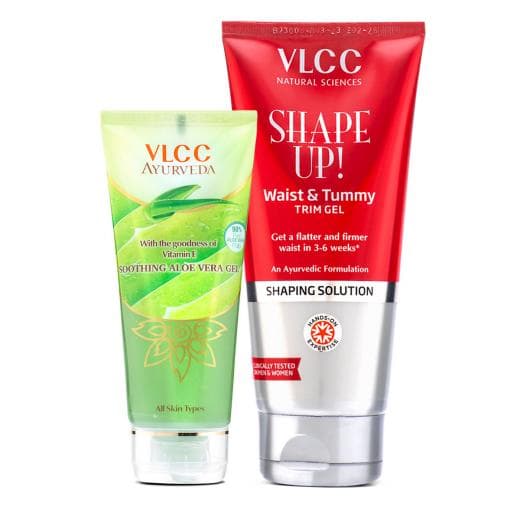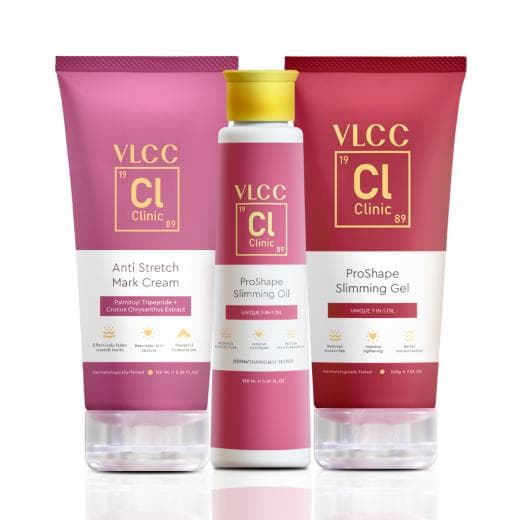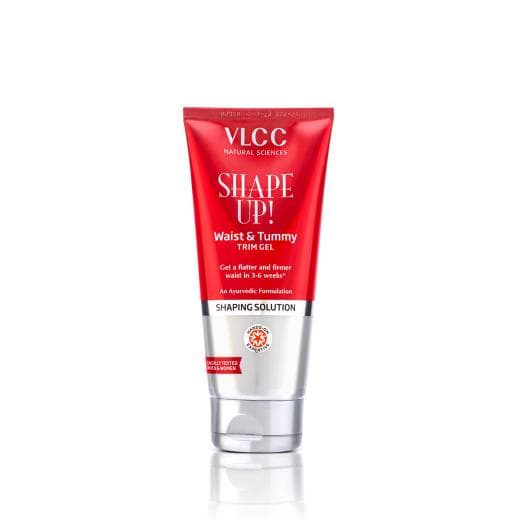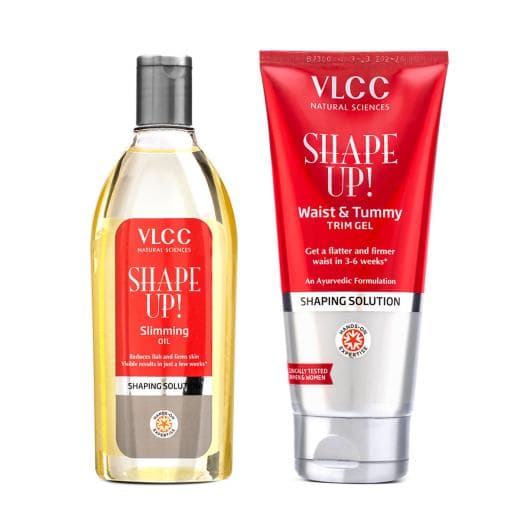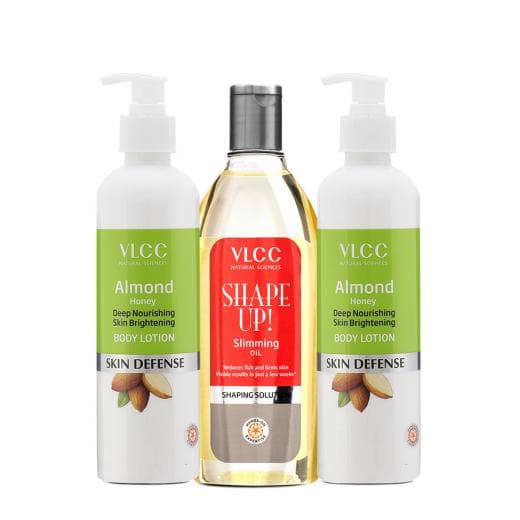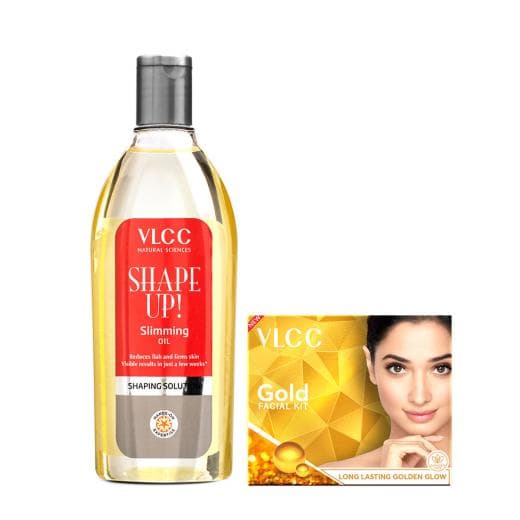What’s Abhyanga?
Abhyanga, also known as Abhyangam or Ayurvedic Oil Massage, is a unique full-body massage technique that involves the use of warm herbal oils. The oils are applied to the skin with gentle, rhythmic strokes to nourish and soothe the body. This treatment is more than just a massage – it’s a holistic healing experience that helps to balance the mind, body, and spirit.
Where Did Abhyanga Therapy Come From?
Abhyanga comes from the ancient Ayurvedic tradition, which has been around for thousands of years. The word "Abhyangam" in Sanskrit means "towards the body," which describes how the oil is applied—moving towards the body to nourish and heal it.
According to Ayurveda, Abhyanga is essential for maintaining balance and health, preventing diseases, and boosting the body’s natural healing ability. Regular Abhyanga massages help balance the body's energy, known as doshas, and improve vitality, while also delaying the aging process.
Abhyanga Massage Procedure
The therapist begins by using warm herbal oils, selected based on your specific needs. They then apply the oil with long, flowing strokes across your body, allowing it to penetrate deep into the skin. After the massage, you relax for a short time to let the oils work their magic. Some people also enjoy a warm bath afterward to wash off any excess oil which is called Abhyanga Snan.
What Are the Benefits of Abhyanga Massage?
Abhyanga therapy is more than just relaxation – it has many benefits for both your body and mind. The oils used help remove toxins from your body. The massage boosts blood flow, delivering essential nutrients to your body. It helps reduce muscle stiffness and improves flexibility. Abhyanga also helps calm the mind and relieve stress. Regular sessions keep your skin smooth and hydrated. It can also strengthen your immune system, helping your body fight off illnesses.
Types of Abhyanga
There are several different types of Abhyanga, each with its own benefits and focus areas. Here's a breakdown of the most popular variations:
General Abhyanga - This is the traditional full-body massage using warm herbal oils, applied in long, flowing strokes. It's designed to balance the body’s energies, enhance vitality, and nourish the skin. It’s great for overall wellness, especially when used regularly.
Mukha Abhyanga (Face Massage) - This type of Abhyanga focuses on the face. It involves using specific oils and herbal creams to hydrate and nourish the skin. Mukha Abhyanga helps reduce facial tension, improve circulation, and promote a youthful, glowing complexion. It also provides relief from headaches and stress.
Basti Abhyanga (Joint Therapy) - Basti Abhyanga targets the joints, particularly the knees and elbows. It involves applying warm herbal oils to these areas to improve mobility, reduce pain, and relieve stiffness. This therapy is especially beneficial for those with joint pain, arthritis, or inflammation. It can be used to restore the flexibility and health of the joints.
Udvartana Abhyanga (Powder Massage)
In this version of Abhyanga, herbal powders are applied to the body. These powders help exfoliate the skin, improve circulation, and detoxify the body. This type is often recommended for weight loss and to promote a leaner, smoother skin texture.
Shiro Abhyanga (Head Massage)
Shiro Abhyanga is a therapeutic head massage that involves the application of warm oils to the scalp and neck. It helps improve hair health, reduce stress, and calm the mind. This type of Abhyanga is great for promoting mental clarity and relaxation, and it can also relieve headaches and improve sleep.
Pada Abhyanga (Foot Massage)
Pada Abhyanga involves massaging the feet with warm oils, which are known to have calming and grounding effects. This therapy helps improve blood circulation, relax the nervous system, and relieve foot pain or swelling. It is especially beneficial for those who are on their feet all day or suffer from tired legs.
Kati Abhyanga (Lower Back Massage)
Kati Abhyanga focuses on the lower back area. It involves the application of warm herbal oils to soothe aching muscles, improve circulation, and relieve lower back pain. This is highly recommended for people who suffer from chronic back issues or muscle stiffness.
Who Should Try Abhyanga?
Abhyanga is suitable for most people, but it’s especially good for those with stress, muscle pain, dry skin, or low energy. If you’re unsure whether it’s right for you, it’s a good idea to speak with an Ayurvedic professional first.
Best Time for Abhyanga
The best time for Abhyanga is early in the morning before your bath or shower. This aligns with Ayurveda's principles, helping to energize your body, calm your mind, and prepare you for the day ahead. It’s also a great way to stimulate circulation and remove toxins accumulated overnight.
If mornings aren't possible, you can do it in the evening to relax and unwind after a busy day. However, avoid Abhyanga immediately after meals or late at night to ensure maximum benefits.
How Often Should You Do Abhyanga?
The frequency depends on your needs. For general well-being, getting an Abhyanga massage once a month is great. However, for more specific health goals, you may need it more often.
Tips for Getting the Most Out of Abhyanga
To make the most of your Abhyanga experience, follow these simple tips:
- Choose oils that suit your body type and health needs. An Ayurvedic expert can help with this.
- A peaceful, relaxing environment will enhance the effects of the massage.
- To get the best results, follow a healthy lifestyle with good food, exercise, and plenty of water.
- If something doesn’t feel right during the massage, don’t hesitate to speak up and ask the therapist to adjust.
Is Abhyanga Massage Painful?
No, Abhyanga massage is meant to be soothing and relaxing. However, if you feel any discomfort, tell your therapist so they can adjust the pressure.
Who Should Avoid Abhyanga?
If you're pregnant, have open wounds, or certain health conditions (like heart issues), you should check with your doctor before getting an Abhyanga massage.
Are There Any Side Effects?
Abhyanga is generally safe, but some people might experience mild skin sensitivity or fatigue after the massage as their body detoxifies. If you feel any unusual discomfort, let your therapist know.
Ingredients Used to Make Abhyanga Oil
Abhyanga oil typically includes a base like sesame (warming), coconut (cooling), or mustard (stimulating), blended with herbs like ashwagandha for strength, neem for purification, and turmeric for glowing skin. Other common additions are manjistha for detox, brahmi for mental clarity, and sandalwood for relaxation. Essential oils like lavender or eucalyptus may also be added for specific effects. The combination is tailored to your dosha (Vata, Pitta, Kapha) and health needs, making it a powerful tool for relaxation, detoxification, and nourishment.


